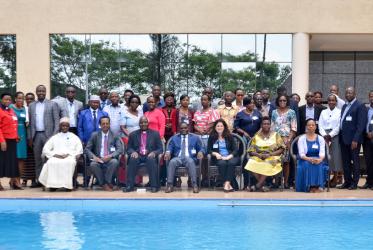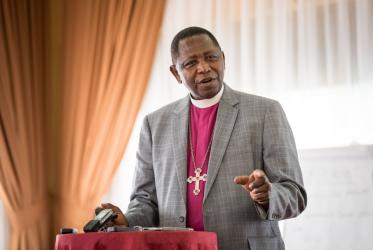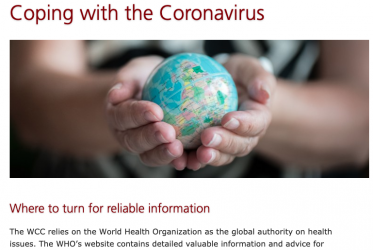Displaying 41 - 60 of 94
Conversation on HIV “must continue,” Faith Networking Zone shows
07 December 2017
“God has brought ways of defeating HIV”
31 October 2017
Ugandan Mothers’ Union leader helps overcome HIV
31 October 2017
“Good healthcare a right, not a privilege,” says WCC-EAA
11 October 2017
“Facing the storm of HIV, we can move together, be agents of change”
06 September 2017
New study lifts up voices of small farmers in Mozambique
24 August 2017
“Do you know where to search for your lost child?”
18 July 2017
















